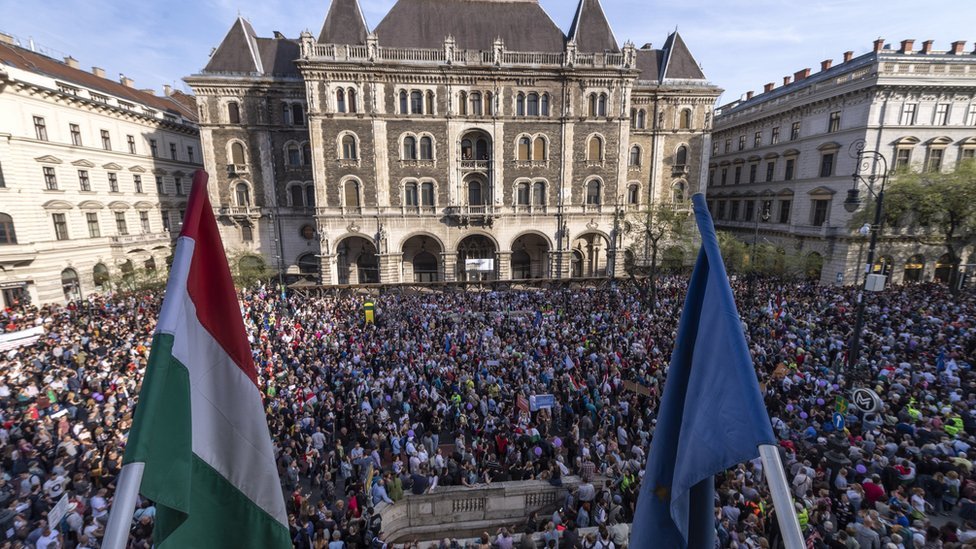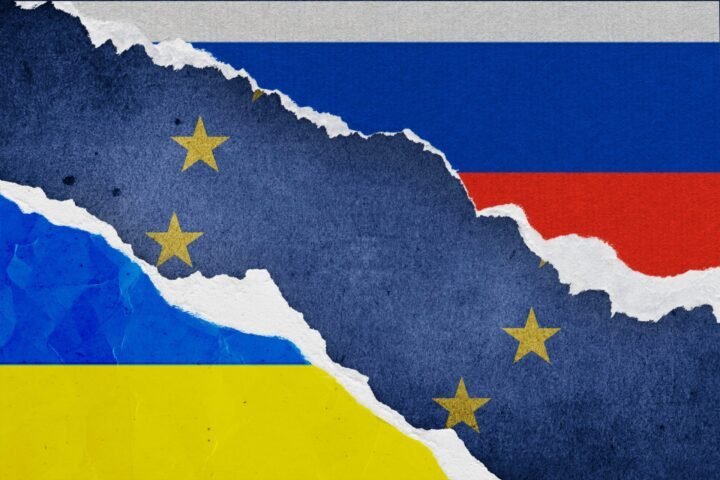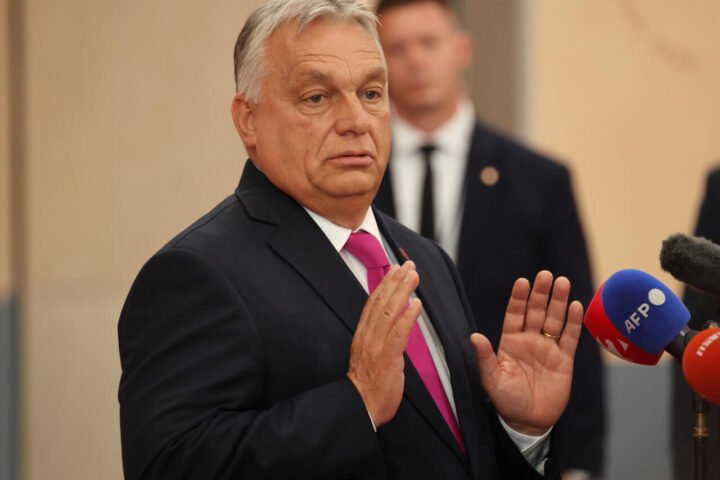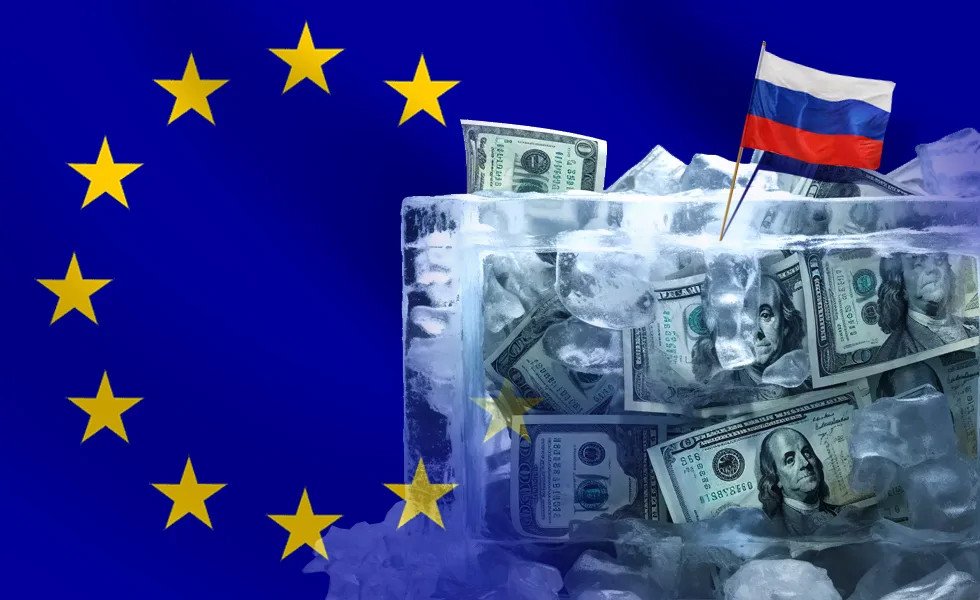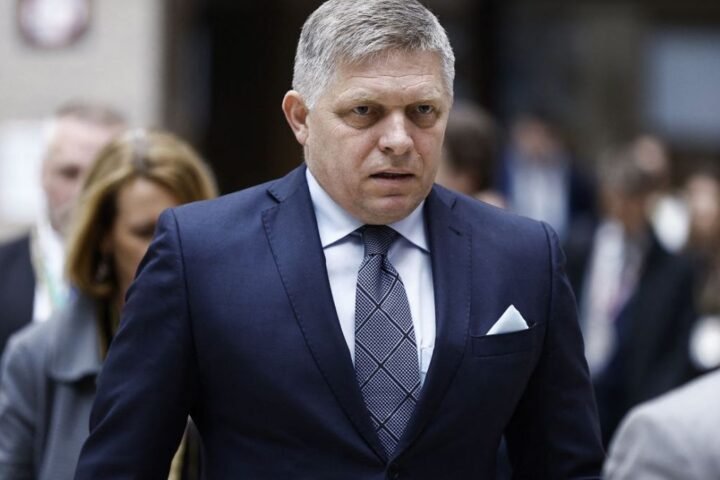On October 5, 2025, Budapest witnessed one of the largest demonstrations in recent years, as thousands gathered to protest the government of Prime Minister Viktor Orban. Demonstrators cited the economic policy failures and surging inflation as major grievances. Public discontent also targeted Orban’s openly displayed personal ties with Russian President Vladimir Putin and the notably close relations between Budapest and Moscow.
Rising public unrest ahead of 2026 elections
Hungary is scheduled to hold parliamentary elections in April 2026, but a growing portion of the electorate is unwilling to wait. Dissatisfaction over economic stagnation and foreign policy has driven citizens to protest well in advance of the vote. Recent demonstrations reflect deep frustration and a sense of urgency among Hungarians demanding immediate change.
Opposition gains momentum as ruling party loses ground
Recent polls indicate a steady decline in support for Orban’s ruling Fidesz party, reducing its chances of securing victory in the upcoming elections. Conversely, the opposition party Tisa, led by Péter Magyar, is gaining traction. Analysts suggest that this shift reflects public weariness toward prolonged rule and increasing economic pressures.
Government control over media and diaspora outreach
Ahead of the elections, Orban’s government is intensifying its strategy to maintain influence. Around 80% of Hungarian media outlets operate under direct or indirect state control, ensuring wide dissemination of government narratives. Authorities have also increased censorship of digital platforms, including social networks and messaging apps. Additionally, the government is engaging the Hungarian diaspora in Romania, Slovakia, and Ukraine, offering financial support to cultural institutions and organizations to bolster loyalty ahead of the vote.
Growing protest frequency and public demands
Public demonstrations have become more frequent. On September 21, 2025, over 50,000 citizens protested against Orban’s “hate campaign,” accusing the government of misusing taxpayer funds to mislead voters and stoke division. Organizers demanded a referendum to ban state-sponsored advertising that could incite hostility. Earlier this year, on March 15, a large-scale protest marking the anniversary of the 1848 Hungarian Revolution called for limits on Orban’s term, preservation of EU and NATO membership, support for Ukraine’s accession to the EU, improved social welfare for pensioners, and greater transparency in fiscal policy.
Hungary now faces mounting political pressure as public dissent grows and opposition forces gain momentum ahead of critical elections. The persistence of protests signals a challenging path for Orban’s administration, raising questions about Hungary’s economic future and democratic trajectory.
